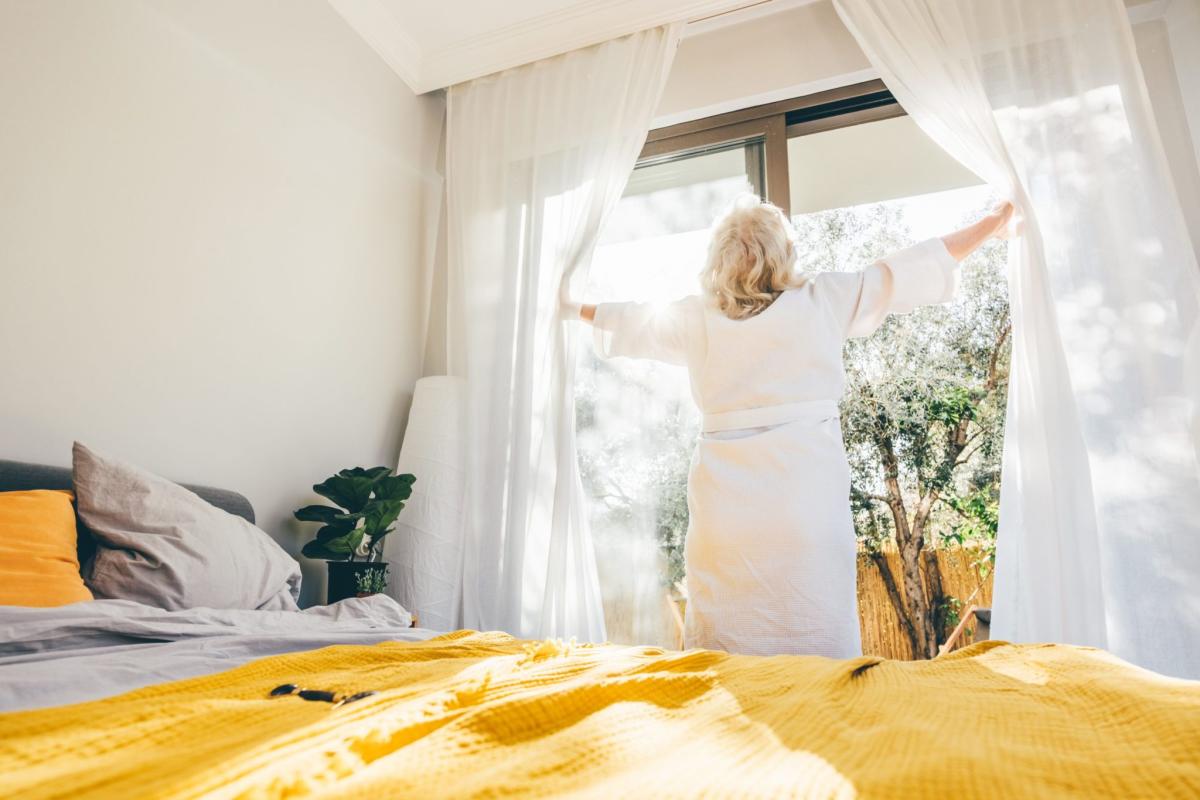Doctors and scientists have long touted the benefits of sleep for the brain and body. It’s true: sleep is an essential part of maintaining overall well-being. When you are well rested, your mood improves, your stress levels decrease and you generally feel more productive.
In addition to the amount of sleep, research has shown that the quality of your sleep also matters. Although current guidelines recommend that adults get between seven and nine hours of sleep, more than a third of Americans don’t meet the minimum. It’s too easy to give in to the overstimulating activities at your fingertips (hello, TikTok) instead of turning off the lights. Minutes of scrolling social media before bed turn into hours, and screens have made it harder to shut off the brain and prepare for a good night’s sleep — ever heard of bedtime procrastination as revenge?
Getting little sleep is associated with an increased risk of chronic health problems such as heart disease and stroke. Sleeping less also puts people at risk for mental health problems such as anxiety and depression. One study found that older adults who get five or fewer hours of sleep are at risk of developing multiple chronic conditions. Additionally, sleep deprivation increases the risk of car accidents that can lead to injury and death. So improving sleep can in turn improve our lives. Even following certain sleep habits can increase your life expectancy, according to one study.
According to the U.S. Centers for Disease Control and Prevention (CDC), adults need at least seven hours of sleep. For people age 65 and older, the CDC recommends between seven and eight hours of sleep each night.
As people get older, it can be more difficult to maintain the quantity and quality of sleep. Age-related brain changes can lead to more nighttime awakenings and a harder time falling asleep and staying asleep. Experts recommend turning off the screens well before lights out, relaxing before bed, and exercising throughout the day.
-
Establish a relaxation routine: Maintain nighttime habits that give you a sense of calm for 30 minutes to an hour before bed, such as reading, journaling, showering, listening to music, or preparing your clothes for the morning. Relaxation time can also be for simply relaxing, as the National Heart, Lung, and Blood Institute recommends allowing an hour of “quiet time” before going to bed to maintain a healthy circadian rhythm, or natural body clock to keep.
-
Limit screen time before bed: Limiting the stimulation of screens right before bed can help people fall asleep better. Consider setting a time limit on your screens to signal that the end is near, or put your phone in a drawer so you’re not tempted to check it while you’re in bed.






